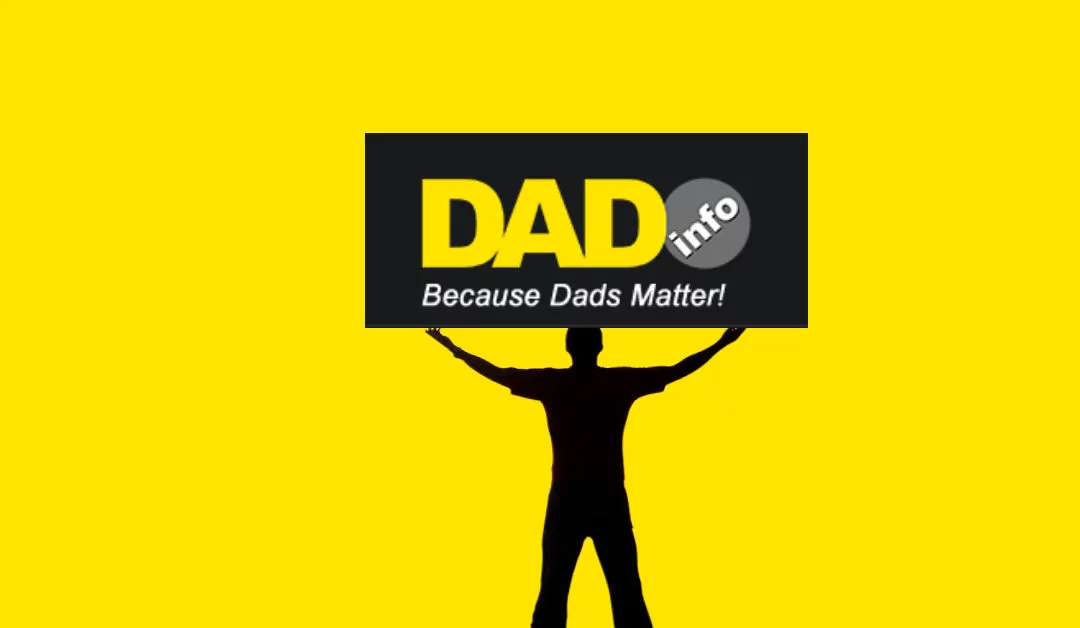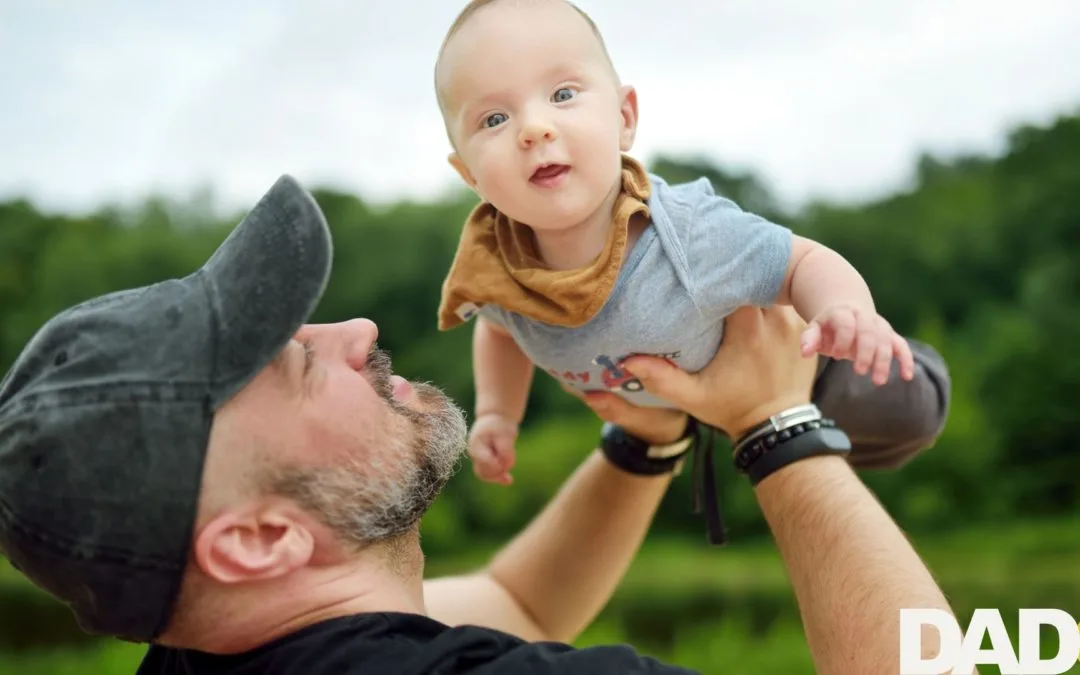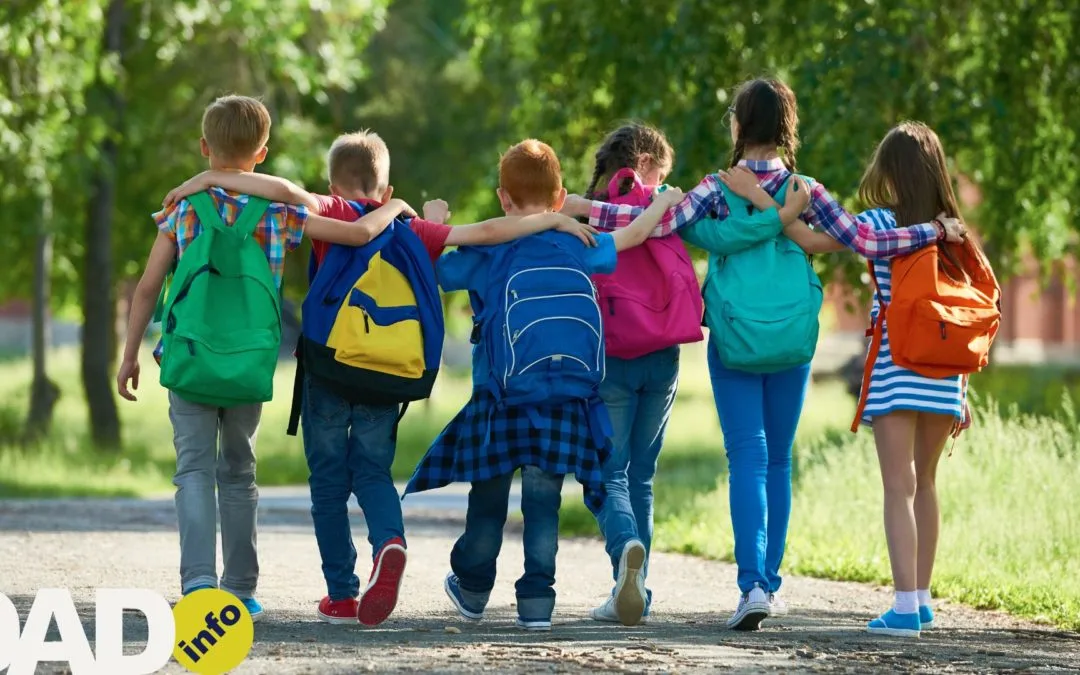Tips to help keep them safe
Are your children safe online? It’s easy to presume ‘yes’. Perhaps you’ve had a chat with them about internet safety, perhaps you’ve installed some software or hardware to restrict their online access to only ‘safe zones’.
But, like most things with parenting, internet safety isn’t something you can take your eye off. Online pressures affect children in myriad ways that simply didn’t exist when we were their age.
One of the most common challenges is that of cyberbullying. Most kids will come across this in one way or another – whether its as victim, perpetrator or bystander.
Edward Timpson, minister of state said: “No child should face the fear of bullying – whether through violence, cyberbullying or name-calling. While the situation is improving, there is no place for bullying of any kind in our schools, and we are determined to help schools continue to tackle this issue so that all children can fulfil their potential.”
Monday 16 November marks the start of Anti-Bullying Week, which makes the upcoming week a particularly appropriate time to chat with your children about online bullying. If you’re not sure where to start, these tips from the Department of Education can help.
Define some boundaries
Supervise children’s internet access by setting boundaries and making an agreement on what they can and cannot do online. If the agreement is broken, restrict internet access for an agreed period of time
Follow restrictions
Social networks have a minimum age restriction, usually age thirteen. Observe these and explain to your children that these restrictions are in place for their safety.
Arm your children with advice
Share the following tips with them…
- Make sure you use the privacy settings on offer.
- Be careful what you say online. Respect others and do not retaliate or reply to offending emails, text messages or online conversations. It’s smarter to just leave the conversation.
- Be careful what pictures or videos you upload. Once a picture is shared online it cannot be taken back.
- Only add people you know and trust to friends/followers lists online. If you’re talking to strangers, keep your personal information safe and location hidden.
- Block anyone who is behaving badly and report them to the service in use. Many services take bullying seriously and will either warn the individual or delete their account.
- Keep a copy of offending emails, text messages or a screen grab of online conversations and pass to a parent, a carer or a teacher.
- If you’re being bullied, make sure you tell an adult you trust, for example, a parent, a carer, a teacher, or the anti-bullying co-ordinator. Or you can call a helpline like ChildLine on 0800 1111 in confidence
Spot the signs of cyberbullying
Cyberbullying is typically hard to spot as it can happen at any time. Be alert to a change in your child’s behaviour, for example:
- Being upset or withdrawn after using the internet or their mobile phone.
- Becoming secretive about their online activities and mobile phone use.
- Spending much more or much less time texting, gaming or using social media.
- Not wanting to partake in previously enjoyable situations like going to school or meeting friends and school mates.
Support
Support for children who are bullied is available within schools, through ChildLine, and the Anti-Bullying Alliance – all of which help build confidence and a sense of emotional safety.






